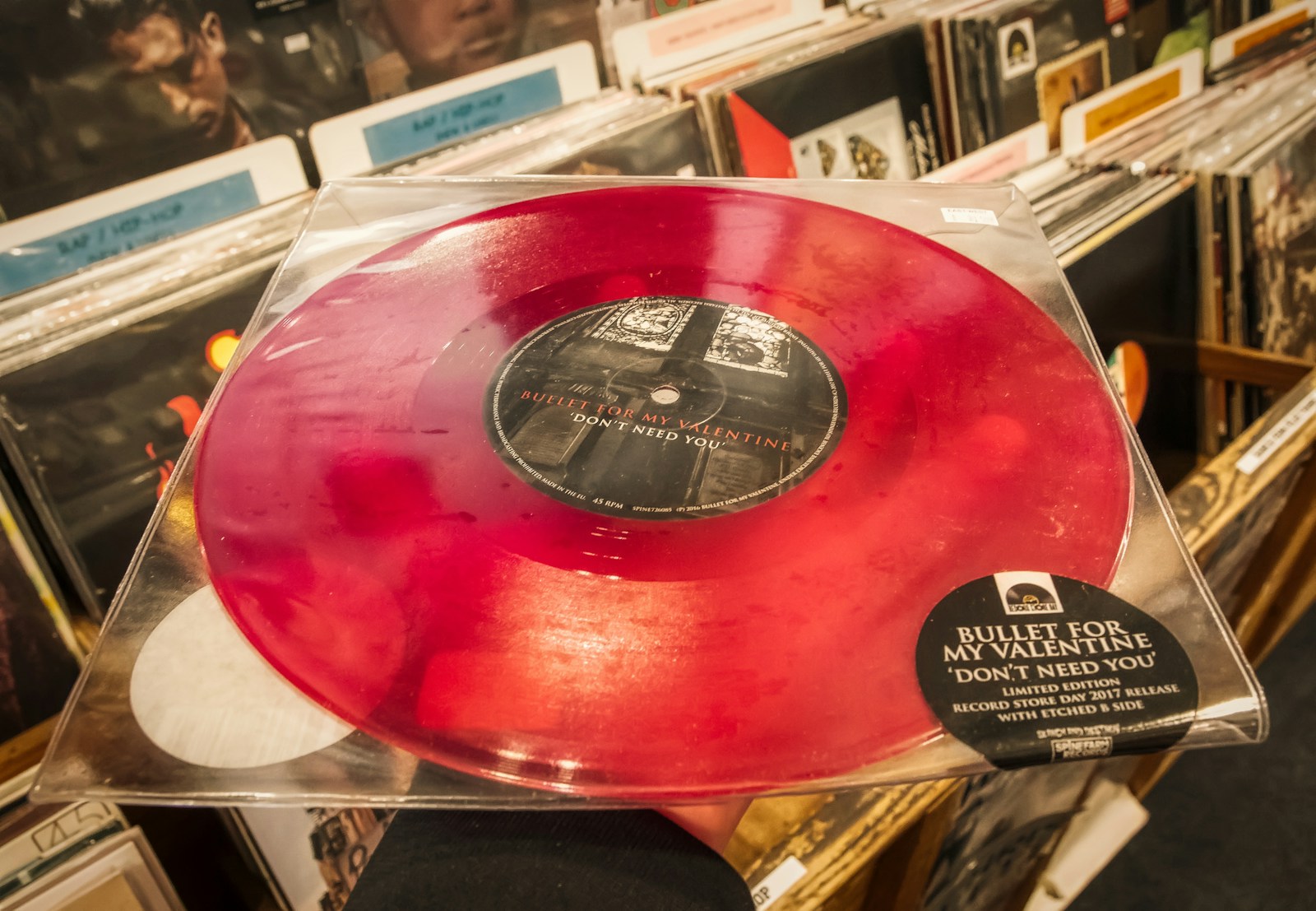
grabar

record
In Spanish, 'grabar' is the word used when you are going to record something, like a sound or a video. It is usually used in the context of audiovisual media, either to record a song, capture a video or to inscribe or imprint a message. However, it's important to note that it may change based on the context as 'record' can have a different meaning in English.
Example sentences using: grabar
Tienes que grabar los momentos felices

You have to record the happy moments
In this case, 'grabar' is used to suggest the recording of joyous moments, likely as a way to remember them in the future.
Voy a grabar un video para mi proyecto

I'm going to record a video for my project
In this sentence, 'grabar' is used to mean 'to record'. The speaker is saying that they will record a video for their project.
¿Puedes grabar la reunión para mí?

Can you record the meeting for me?
Here, 'grabar' is again used in the context of recording something. The speaker is asking if the listener can record a meeting on their behalf.
Necesito grabar una canción en el estudio

I need to record a song in the studio
In this case, 'grabar' is used to mean 'record' in the context of music production. The speaker is stating a need to record a song in a studio.
El director plantea grabar la secuencia en la playa

The director proposes to record the sequence on the beach
The verb 'grabar' is used here in a film-making context. It's suggested that a sequence gets recorded at a beach location.
Es ilegal grabar una conversación sin consentimiento

It's illegal to record a conversation without consent
This sentence showcases 'grabar' in a legal context. It emphasizes it is against the law to record a conversation without the other party's approval.
Vamos a grabar el concierto para verlo luego

We're going to record the concert to watch it later
The verb 'grabar' is used here to indicate preserving an experience (a concert) by recording it for later viewing.
Dejé de grabar el podcast debido a la falta de tiempo

I stopped recording the podcast due to lack of time
Here, 'grabar' is used in the context of creating a podcast. It signifies that the speaker stopped the recording due to time constraints.
No olvides grabar el episodio de esta noche

Don't forget to record tonight's episode
This sentence uses 'grabar' to remind the listener to record a television episode which will be broadcasted tonight.
Quiero grabar un mensaje para mi familia

I want to record a message for my family
Here 'grabar' is used with the intention of preserving a personal message for the speaker's family, likely for them to listen to later.